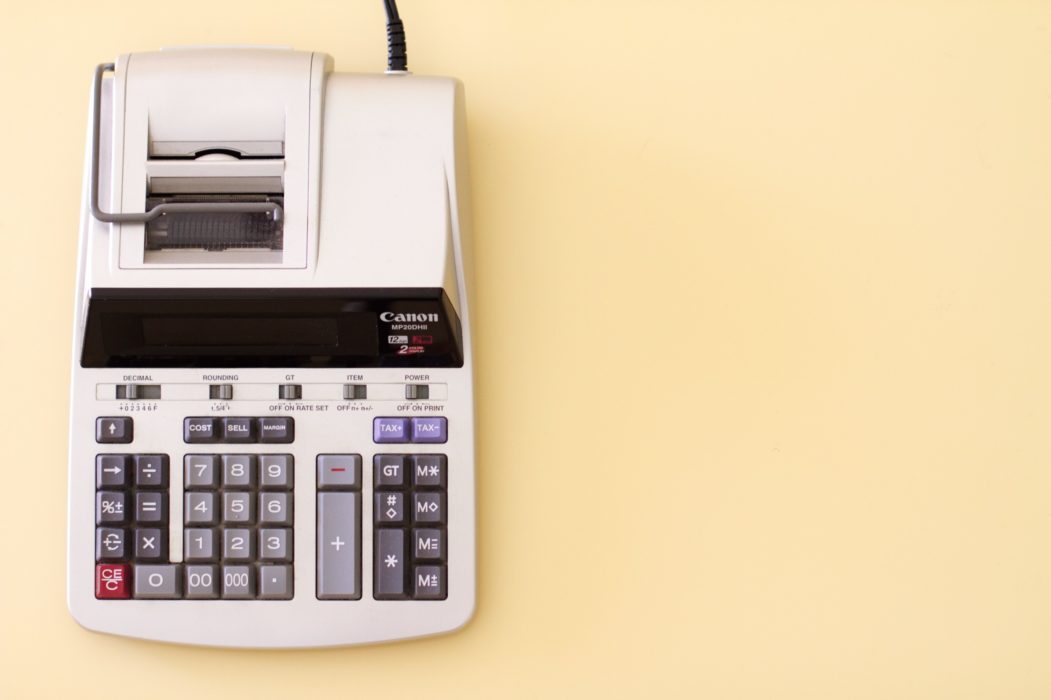
Audit Finds $3.9B In UIA Overpayments; Lawmakers: ‘This Is Worse Than We Were Aware Of’
November 23, 2021
The Unemployment Insurance Agency (UIA) made an estimated $3.9 billion in overpayments to 347,437 claimants who were later deemed ineligible. That money likely will not be recouped “because the improper payments were the UIA’s fault,” the audit noted.
The lost money came from three buckets totaling $29.4 billion in federal money, meaning more than 13% of the benefits sent from Washington D.C. went to someone who shouldn’t have received it.
The audit concluded the agency’s efforts were “not effective,” and there was an inappropriate “tone at the top” when it came to internal controls for Pandemic Unemployment Assistance and the establishment of incorrect ineligibility criteria and delays in correcting those errors.
“We knew this situation was bad, but now it’s even worse than we were aware of,” said Rep. Matt Hall (R-Marshall), who investigated the UIA’s handling of the crush of applicants during the heart of the COVID-driven government shutdowns.
Michigan received $29.4 billion through the federal CARES Act boost to states’ unemployment programs between March 15, 2020, and Sept. 27, 2021, which included the $300-a-week bonus known as the Lost Wages Assistance program.
The audit found the U.S. Department of Labor issued various guidance letters on how the states were supposed to allocate the money. However, “a poor control environment,” often referred to as a “tone at the top” led to an invalid application process and the inability to address issues flagged by both the feds and UIA’s own staff.
Money went out the door for nine months to people whose unemployment may have had nothing to do with COVID-19. Hall said UIA “slow-walked corrective action,” including sending “misleading information” to the Department of Labor, who instructed the UIA to comply with the CARES Act.
The Office of the Auditor General’s (OAG) report found that former UIA director Steve Gray discussed the risks of quickly developing eligibility criteria with Whitmer’s office as early as April 2020.
According to the audit, Gray prepared a slide show that indicated that there was a choice “‘between speed and overpayment risk’ and identified the relevant population at 190,000 claimants at that time.” That slide show was shared with senior UIA staff, the Governor’s office and Department of Labor and Economic Opportunity.
Staff told auditors that Gray made decisions “unilaterally” before his departure in November 2020, contributing to a dynamic where the emphasis was on getting money into the hands of applicants as opposed to making sure those asking for the money should even be receiving it.
For the better part of the spring and early summer of 2020, the knock on the UIA was its overwhelmed computer system couldn’t process claims and cut checks fast enough. Those being forced onto unemployment due to the government shutdowns were going weeks or even months without income due to no fault of their own.
“These findings provide concrete proof that a pivotal arm of Gov. (Gretchen) Whitmer’s administration failed when people needed it most,” said House Oversight Committee Chair Steve Johnson (R-Wayland), who picked up the UIA oversight role in 2021. “This was a state mistake with their criteria, not a mistake made by claimants. Worse yet, UIA continued down a path they were told was incorrect. I am hopeful the agency can improve going forward in these areas so people can have a jobless agency that performs for them.”
Current UIA Director Julia Dale, who took the job less than a month ago, didn’t dispute any of the audit’s findings Thursday in a statement. She did say UIA was “tested by a once-in-a-lifetime crisis.” She said the staff is “justifiably proud of its accomplishments,” but admits the agency must use its errors as an “opportunity to evaluate and improve.”
“The audit looked back at our operations at a time when, as a consequence of the pandemic, the agency was standing up new and complicated federal programs while processing hundreds of thousands of claims every week, shifting nearly our entire staff to remote operations, and simultaneously responding to unprecedented levels of sophisticated, criminal efforts to defraud the agency,” Dale said. “. . . Every member of the UIA team should be proud of the work that was done on behalf of our fellow Michiganders. But we should also be sure to learn from this experience so that we can do a better job of stopping fraud and paying legitimate claims in a timely fashion.”
Dale said UIA is implementing program controls and processes based on the OAG’s audit and will continue to refine those processes as the agency moves forward.
Overall, UIA has paid $39 billion in unemployment aid — including state dollars and money from other programs — to nearly 3.5 million Michigan residents since March 2020, Dale noted.